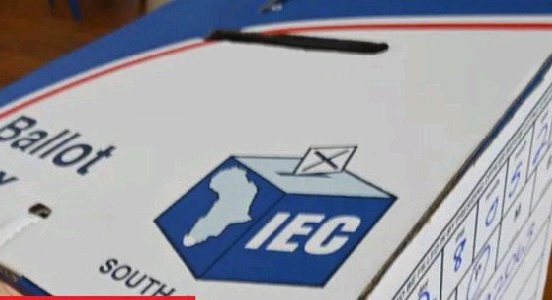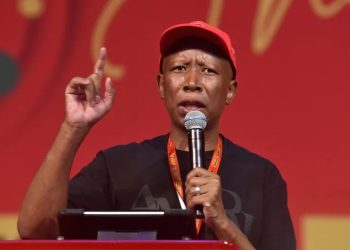New questions regarding the openness and equity of South Africa’s political finance system have arisen in light of the fact that the ANC and the DA have received 73% of all public political funding altogether. The Political Party Funding Act regulates the distribution of cash to political parties represented in both the national and provincial legislatures in South Africa. The Electoral Commission of South Africa (IEC) reports that the two major parties continue to reap the greatest benefits from this law. The numbers have sparked discussions over whether the system unintentionally strengthens established parties while marginalizing newer, smaller ones.
In an already competitive and resource-driven election context, analysts contend that the ANC and DA have an enormous advantage due to the disproportionate allocation, which strengthens their political infrastructure. Another argument against this dominance is that it limits variety and the inclusivity of democracy in South African politics by preventing new voices from emerging. Political scientist Sithembiso Ndlovu expressed concern that, despite the model’s stated goal of bolstering multiparty democracy, it really favors well-established political parties.
“When more than 70% of the funds go to just two groups, smaller parties have no choice but to depend on small donations and grassroots organizing to stay afloat.” Furthermore, non-governmental groups (NGOs) have spoken out, demanding changes to guarantee a fairer allocation of funds. Concerns about corruption, the misuse of political donations, and secret accounting procedures persist, therefore they say, there needs to be more transparency about how money is used.
The allocations have been defended by the ANC and the DA, who both point out that the formula is based on election support and proportional representation. The running party, the ANC, has stressed the need of maintaining activities in all nine provinces, while the governing party, the DA, has maintained that it needs major financing for its national campaigning if it wants to win.
On the other hand, smaller opposition groups like the Inkatha Freedom Party (IFP) and the Economic Freedom Fighters (EFF) have voiced their displeasure, saying that the existing system upholds inequality. Critics have voiced concerns that the funding gap may deter potential new political candidates, which could reduce turnout in elections.
There is increasing demand on the IEC to reevaluate the formula and strengthen supervision procedures as the chorus of reform voices becomes stronger. It is unclear if reforms will be made before the next election cycle, but the public is expected to pay more attention to how politicians fund their campaigns in the coming months.






















